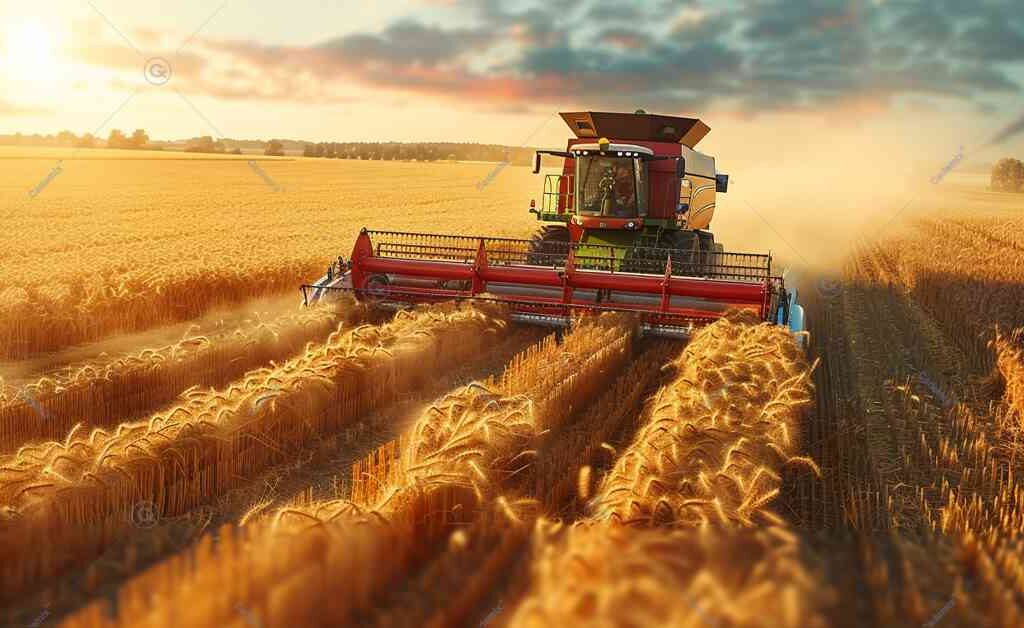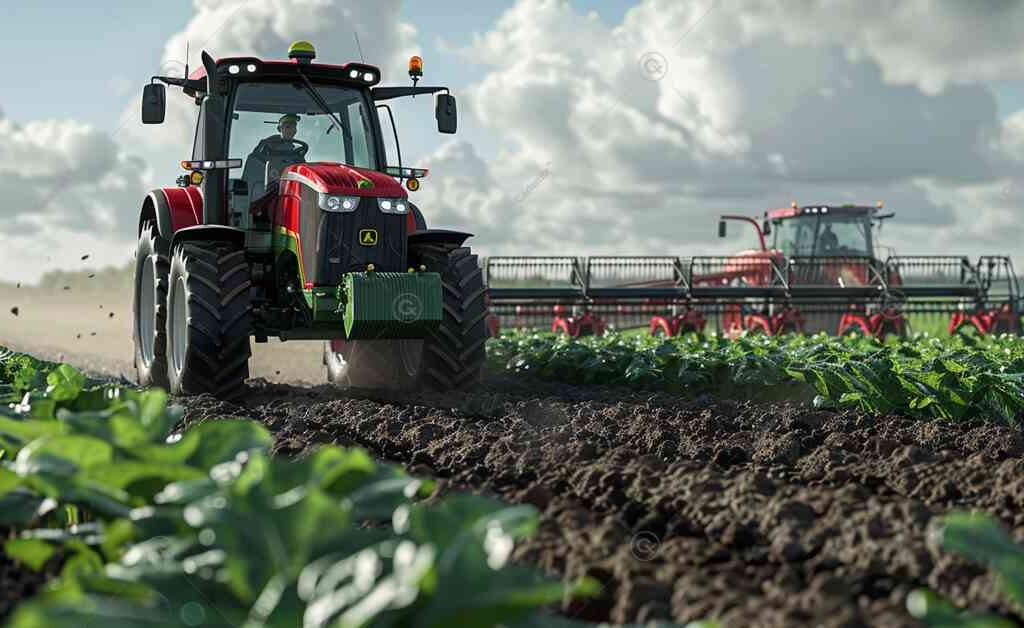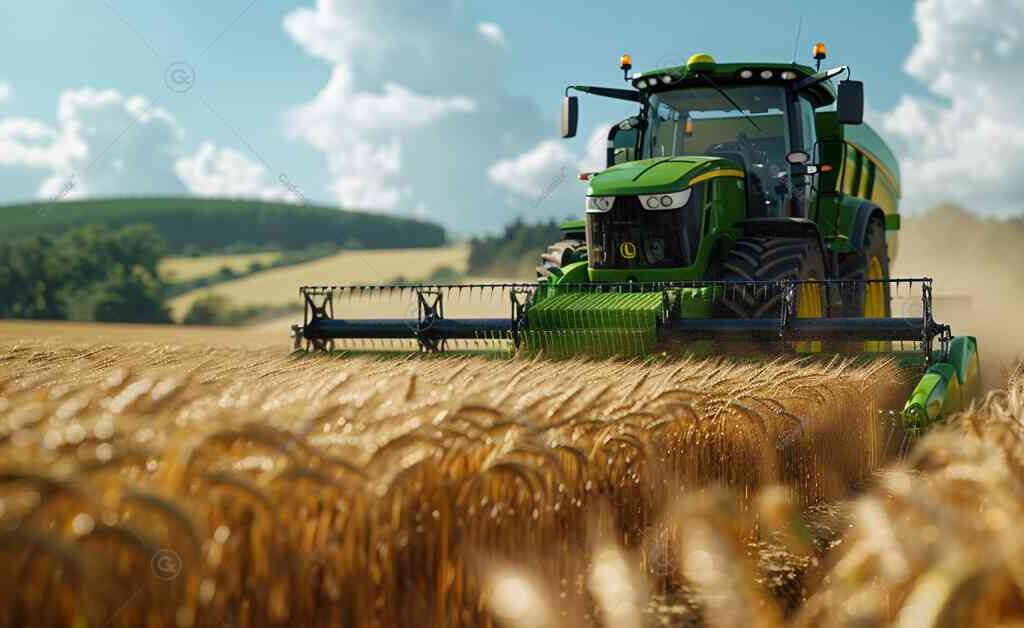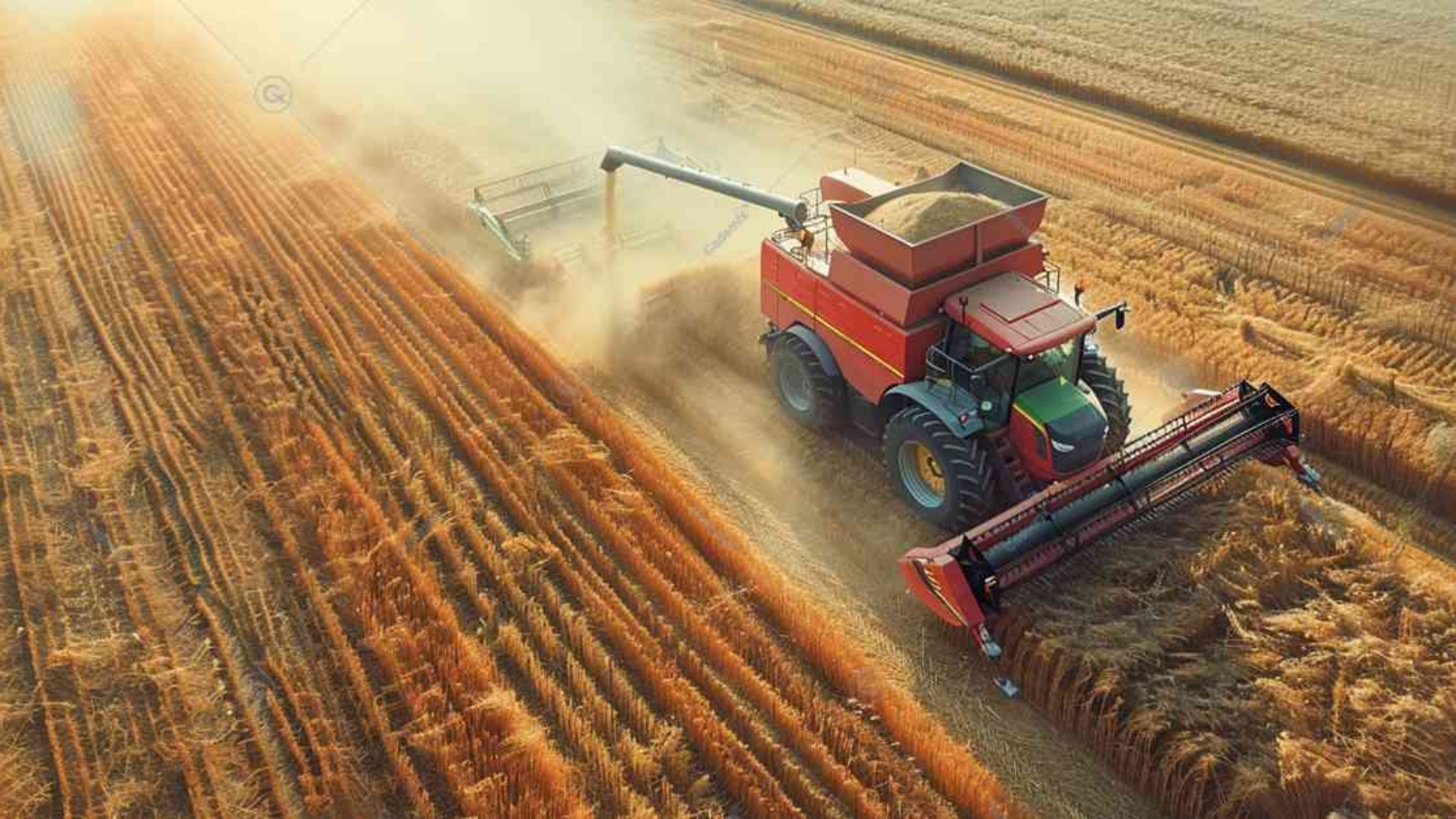In the rapidly evolving world of agriculture, having access to state-of-the-art farm equipment is crucial for enhancing productivity, efficiency, and sustainability. This comprehensive review explores the latest advancements in farm equipment, evaluates their features and benefits, and identifies some of the best vendors in the industry. Whether you are a small-scale farmer or managing a large agricultural operation, understanding the options available can help you make informed decisions to optimize your farming practices.
Cademix Instute of Technology-Agriculture Editorial Board
Keywords: farm equipment, modern agricultural tools, state-of-the-art farm equipment, best farm equipment vendors, agricultural machinery review, farm technology

The Importance of Modern Farm Equipment
Modern farm equipment plays a vital role in today’s agriculture, offering numerous benefits that contribute to the overall success and sustainability of farming operations.
Enhancing Productivity and Efficiency
- Time Savings: Advanced machinery can complete tasks more quickly than traditional methods, allowing farmers to cover more ground in less time.
- Precision Agriculture: Equipment with GPS and other technologies enables precise planting, fertilization, and irrigation, leading to better yields and resource use.
- Labor Reduction: Automation reduces the need for manual labor, addressing labor shortages and lowering costs.
Promoting Sustainability
- Resource Management: Modern equipment helps optimize the use of water, fertilizers, and pesticides, minimizing waste and environmental impact.
- Soil Health: Precision farming techniques reduce soil disturbance, preserving soil structure and health.
- Energy Efficiency: Advanced engines and power systems in new machinery are designed to be more fuel-efficient and environmentally friendly.
Improving Crop Quality
- Consistent Application: Equipment ensures consistent planting depths, spacing, and input applications, leading to uniform crop quality.
- Reduced Damage: Advanced machinery minimizes crop damage during harvesting, enhancing the overall quality of the produce.
- Post-Harvest Handling: Modern storage and processing equipment helps maintain the quality and freshness of harvested crops.

Review of State-of-the-Art Farm Equipment
The market for farm equipment is vast and varied, with numerous options available for different farming needs. Here, we review some of the most advanced and popular categories of farm equipment, highlighting their features, benefits, and top vendors.
Tractors
Tractors are the backbone of farm operations, providing the power needed for various tasks such as plowing, planting, and harvesting. Modern tractors come equipped with advanced technology to enhance functionality and efficiency.
Key Features
- GPS Guidance: GPS systems enable precise navigation and reduce overlap during field operations.
- Autonomous Operation: Some tractors offer autonomous or semi-autonomous capabilities, reducing the need for constant human supervision.
- Fuel Efficiency: Advanced engine designs improve fuel efficiency and reduce emissions.
Top Vendors
- John Deere: Known for its innovation and reliability, John Deere offers a wide range of tractors equipped with cutting-edge technology.
- Case IH: Case IH provides robust tractors with advanced features like AFS Connect for precision farming.
- New Holland: New Holland’s tractors are celebrated for their versatility and efficiency, with models suited for various farm sizes and needs.

Combine Harvesters
Combine harvesters are essential for efficiently harvesting grains and other crops. Modern combines integrate multiple processes, including reaping, threshing, and winnowing, into a single operation.
Key Features
- High Capacity: Large grain tanks and high throughput rates enable efficient harvesting of vast areas.
- Precision Farming Tools: Advanced combines come with sensors and data analytics for monitoring crop yields and conditions in real-time.
- Reduced Losses: Improved threshing and separation mechanisms minimize grain losses and damage.
Top Vendors
- CLAAS: CLAAS is renowned for its high-performance combine harvesters that feature innovative technologies for enhanced efficiency.
- AGCO (Massey Ferguson): AGCO’s Massey Ferguson combines are known for their durability and advanced farming solutions.
- John Deere: John Deere’s combines offer state-of-the-art features such as JDLink for remote monitoring and management.
Planters and Seeders
Planters and seeders are critical for accurate seed placement and optimal crop emergence. The latest models incorporate precision technology to ensure uniform planting.
Key Features
- Variable Rate Technology (VRT): VRT allows for precise control over seed planting rates based on soil and field conditions.
- Automated Depth Control: Ensures consistent planting depth across various soil types and conditions.
- High-Speed Planting: Modern planters can operate at higher speeds without sacrificing accuracy, increasing planting efficiency.
Top Vendors
- Kinze: Kinze planters are celebrated for their innovative designs and robust performance in diverse farming conditions.
- John Deere: Known for precision and reliability, John Deere’s planters feature advanced technologies like ExactEmerge for high-speed planting.
- Great Plains: Great Plains offers versatile planters and seeders designed to maximize yield potential with precise seed placement.
Irrigation Systems
Efficient water management is crucial for sustainable farming, and modern irrigation systems provide precise water delivery to crops, conserving water and optimizing growth.
Key Features
- Drip Irrigation: Delivers water directly to the plant roots, reducing evaporation and runoff.
- Automated Control Systems: Enable remote monitoring and control of irrigation schedules and water usage.
- Moisture Sensors: Monitor soil moisture levels in real-time to adjust irrigation needs accordingly.
Top Vendors
- Netafim: A leader in drip irrigation technology, Netafim provides solutions for precise and efficient water management.
- Rain Bird: Known for its innovation, Rain Bird offers a range of irrigation products that promote water conservation and efficient use.
- Toro: Toro’s irrigation systems are designed for durability and performance, with advanced features for precise water application.
Livestock Equipment
For livestock farmers, modern equipment helps manage animal health, nutrition, and overall farm operations efficiently.
Key Features
- Automated Feeding Systems: Ensure consistent and precise delivery of feed to livestock.
- Health Monitoring: Advanced sensors and wearable technology track animal health and behavior in real-time.
- Housing and Environment Control: Automated systems manage temperature, humidity, and ventilation to maintain optimal living conditions for livestock.
Top Vendors
- DeLaval: Specializing in dairy farming equipment, DeLaval offers solutions for milking, feeding, and herd management.
- GEA Farm Technologies: GEA provides a comprehensive range of equipment for livestock management, including automated feeding and milking systems.
- Allflex: Known for its livestock identification and monitoring solutions, Allflex offers innovative products for tracking and managing animal health.
Evaluating Farm Equipment Vendors
When choosing farm equipment, it’s essential to consider the reputation, reliability, and support offered by vendors. Here are some tips for evaluating and selecting the best vendors for your farming needs.
Reputation and Reliability
- Track Record: Research the vendor’s history and track record in the agricultural industry. Established brands with a long-standing reputation are often more reliable.
- Customer Reviews: Look for reviews and testimonials from other farmers to gauge the performance and durability of the equipment.
- Innovation: Vendors that continually innovate and introduce new technologies are likely to provide equipment that enhances productivity and efficiency.
After-Sales Support
- Warranty and Service: Ensure that the vendor offers a comprehensive warranty and reliable after-sales service. Quick access to repairs and maintenance is crucial for minimizing downtime.
- Training and Resources: Vendors that provide training and resources to help you understand and utilize the equipment effectively can be valuable partners.
- Local Presence: A local dealer network ensures that you can get prompt support and spare parts when needed.
Cost and Financing Options
- Initial Cost vs. Long-Term Value: While the initial cost of equipment is important, consider the long-term value, including efficiency gains, fuel savings, and reduced labor costs.
- Financing Options: Check if the vendor offers financing options or leasing arrangements that can make it easier to acquire expensive equipment.
- Total Cost of Ownership: Consider the total cost of ownership, including maintenance, repairs, and operational costs, when evaluating equipment.
Conclusion and Call to Action
Investing in modern farm equipment is essential for enhancing productivity, efficiency, and sustainability in today’s agricultural landscape. By understanding the latest advancements and carefully evaluating vendors, farmers can make informed decisions that benefit their operations in the long run.
If you are looking to upgrade your farm equipment or explore new technologies, start by researching the top vendors and their offerings. Consider your specific needs and the potential impact on your farm’s productivity and sustainability.
For additional guidance and support in making the best equipment choices for your farm, consider joining the Cademix Acceleration Program. Our consultancy services and educational programs are designed to help farmers navigate the complexities of modern agriculture and achieve their goals.
Explore our Cademix Career Autopilot program and learn how we can assist you in optimizing your farming practices with state-of-the-art equipment. For more information on the latest farm equipment and vendors, visit Farm Progress and Agriculture.com.

